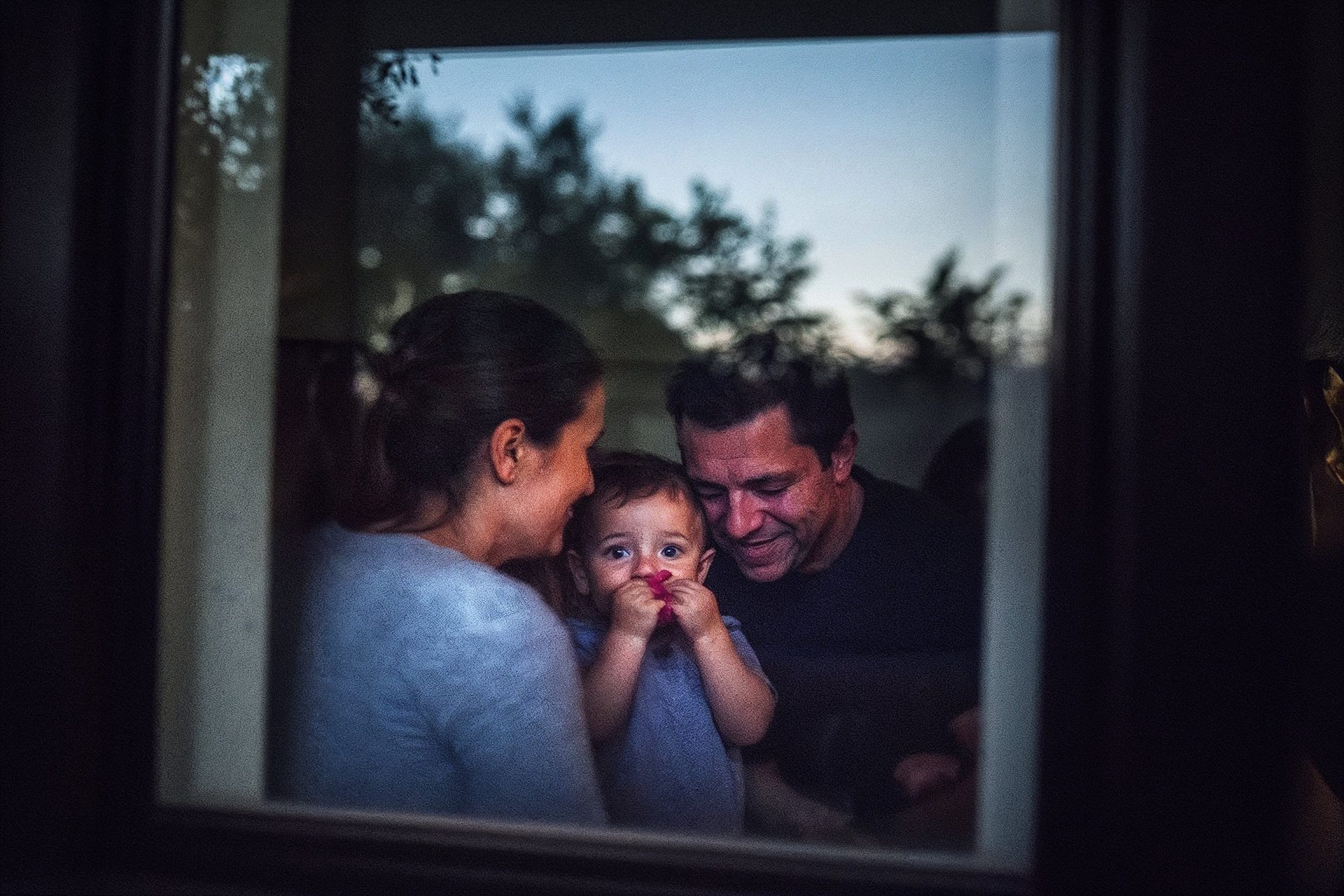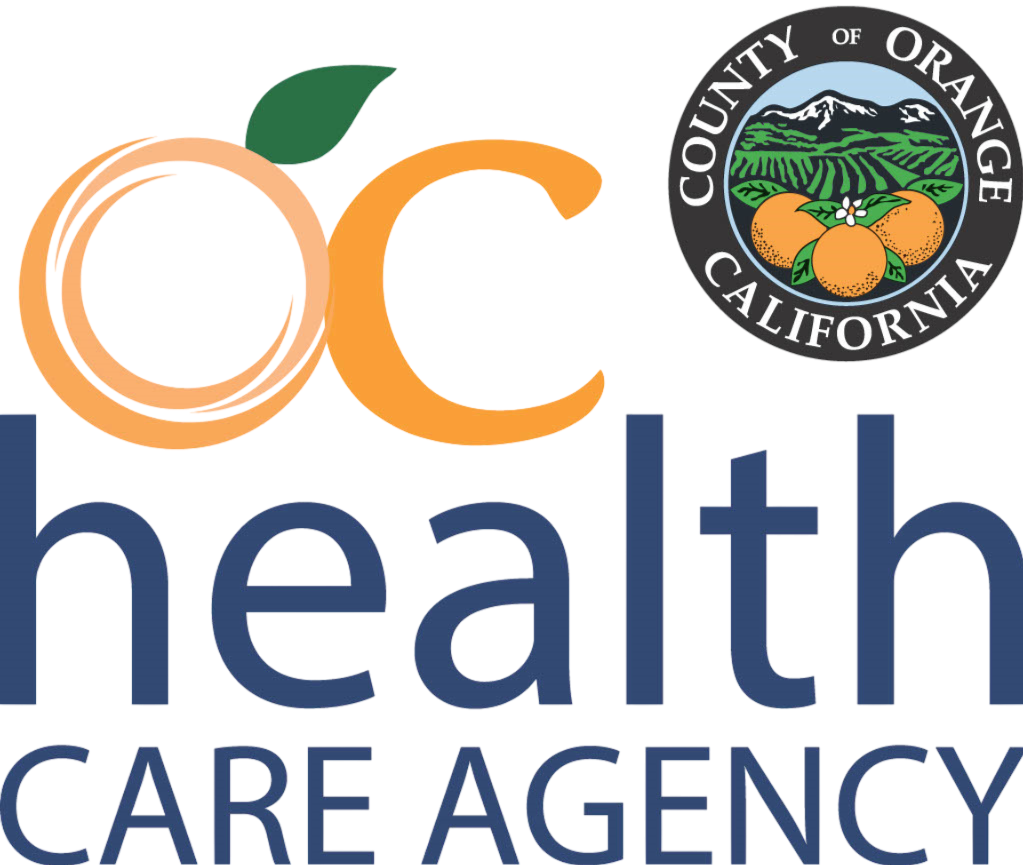Resource Guide
Access the help you need today. Connect with local professionals, explore resources for suicide prevention, child abuse prevention, and mental health support, or apply to receive essential household items.
If you require emergency services or urgent care, please call 911
Crisis Resources
For children and adolescents who require longer term mental health services
Children and Youth Outpatient ClinicsCommunity Resources
Suicide Prevention Resources
Recognizing the Signs of Child Abuse
Unexplained injuries
Visible signs of physical abuse may include unexplained burns or bruises in the shape of objects. You may also hear unconvincing explanations of a child’s injuries.
Changes in sleeping
Abused children may have frequent nightmares or have difficulty falling asleep, and, as a result, may appear tired or fatigued.
Changes in behavior
Abuse can lead to many changes in a child’s behavior. Abused children often appear scared, anxious, depressed, withdrawn, or more aggressive.
Changes at school
Abused children may have difficulty concentrating in school or have excessive absences, sometimes due to adults trying to hide the children’s injuries from authorities.
Return to earlier behaviors
Abused children may display behaviors shown at earlier ages, such as thumb-sucking, bed-wetting, fear of the dark or strangers. For some children, even loss of acquired language or memory problems may be an issue.
Lack of personal care or hygiene
Abused and neglected children may appear uncared for. They may present as consistently dirty and have severe body odor, or they may lack sufficient clothing for the weather.
Fear of going home
Abused children may express apprehension or anxiety about leaving school or about going places with the person who is abusing them.
Risk-taking behaviors
Young people who are being abused may engage in high-risk activities, such as using drugs or alcohol or carrying a weapon.
Changes in eating
The stress, fear, and anxiety caused by abuse can lead to changes in a child’s eating behaviors, which may result in weight gain or weight loss.
Inappropriate sexual behaviors
Children who have been sexually abused may exhibit overly sexualized behavior or use explicit sexual language.

Support our cause: volunteer or donate today
Make a donation or volunteer with The Priority Center to help break the generational cycle of trauma in Orange County.
Take the first step in your journey of healing
If you are experiencing a crisis and need support, we are here to help. Find the right program or get in touch with us today.
Community Partners



